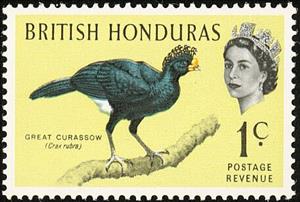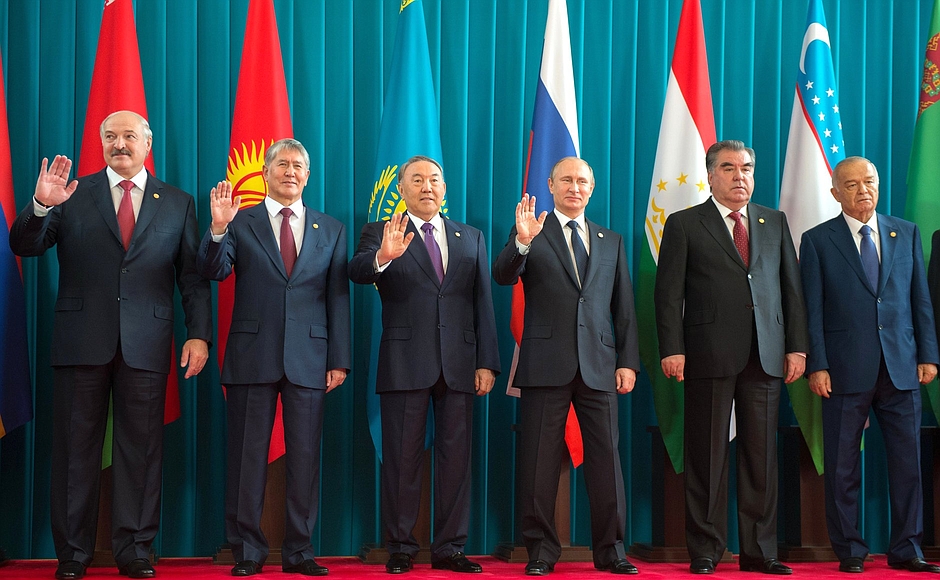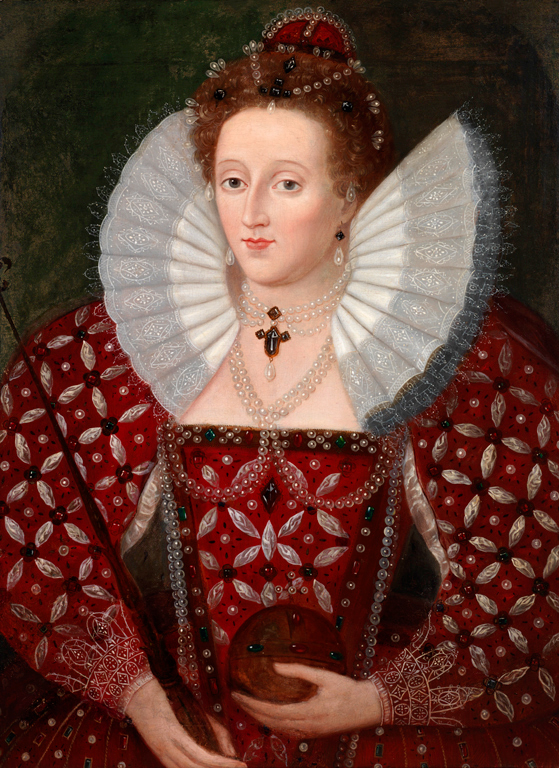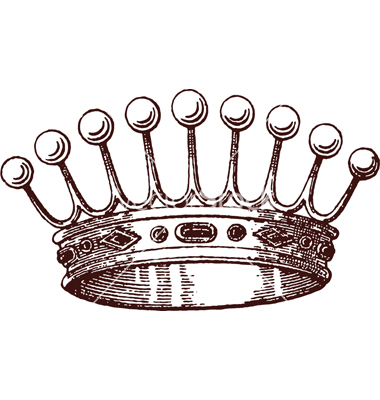Stamp: Great Curassow (Crax rubra) (British Honduras 1962)
Great Curassow (Crax rubra) (British Honduras 1962)
02 April (British Honduras ) within release Birds goes into circulation Stamp Great Curassow (Crax rubra) face value 1 British Honduran cent
| Stamp Great Curassow (Crax rubra) in catalogues | |
|---|---|
| Stanley Gibbons: | Sg: GB-BZ 202w |
Stamp is horizontal format.
Also in the issue Birds:
- Stamp - Great Curassow (Crax rubra) face value 1;
- Stamp - Red-legged Honeycreeper (Cyanerpes cyaneus) face value 2;
- Stamp - Northern Jacana (Jacana spinosa) face value 3;
- Stamp - Great Kiskadee (Pitangus sulphuratus) face value 4;
- Stamp - Passerini's Tanager (Ramphocelus passerinii) face value 5;
- Stamp - Scarlet Macaw (Ara macao) face value 10;
- Stamp - Slaty-tailed Trogon (Trogon massena) face value 15;
- Stamp - Red-footed Booby (Sula sula) face value 25;
- Stamp - Keel-billed Toucan (Ramphastos sulfuratus) face value 50;
- Stamp - Magnificent Frigatebird (Fregata magnificens) face value 1;
- Stamp - Rufous-tailed Jacamar (Galbula ruficauda) face value 2;
- Stamp - Montezuma Oropendola (Psarocolius montezuma) face value 5;
- Stamp - Great Curassow (Crax rubra) face value 1;
- Stamp - Keel-billed Toucan (Ramphastos sulfuratus) face value 50;
- Stamp - Scarlet Macaw (Ara macao) face value 10;
Stamp Great Curassow (Crax rubra) it reflects the thematic directions:
Animals are multicellular, eukaryotic organisms of the kingdom Animalia (also called Metazoa). All animals are motile, meaning they can move spontaneously and independently, at some point in their lives. Their body plan eventually becomes fixed as they develop, although some undergo a process of metamorphosis later on in their lives. All animals are heterotrophs: they must ingest other organisms or their products for sustenance.
Birds (Aves), a subgroup of Reptiles, are the last living examples of Dinosaurs. They are a group of endothermic vertebrates, characterised by feathers, toothless beaked jaws, the laying of hard-shelled eggs, a high metabolic rate, a four-chambered heart, and a strong yet lightweight skeleton. Birds live worldwide and range in size from the 5 cm (2 in) bee hummingbird to the 2.75 m (9 ft) ostrich. They rank as the class of tetrapods with the most living species, at approximately ten thousand, with more than half of these being passerines, sometimes known as perching birds. Birds are the closest living relatives of crocodilians.
Famous People refers to the fame and public attention accorded by the mass media to individuals or groups or, occasionally, animals, but is usually applied to the persons or groups of people (celebrity couples, families, etc.) themselves who receive such a status of fame and attention. Celebrity status is often associated with wealth (commonly referred to as fame and fortune), while fame often provides opportunities to make money.
A head of state (or chief of state) is the public persona that officially represents the national unity and legitimacy of a sovereign state. In some countries, the head of state is a ceremonial figurehead with limited or no executive power, while in others, the head of state is also the head of government. In countries with parliamentary governments, the head of state is typically a ceremonial figurehead that does not actually guide day-to-day government activities and may not be empowered to exercise any kind of secular political authority (e.g., Queen Elizabeth II as Head of the Commonwealth). In countries where the head of state is also the head of government, the president serves as both a public figurehead and the actual highest ranking political leader who oversees the executive branch (e.g., the President of the United States).
Queen - the title of reigning female monarch or the wife of the king in a number of countries
A Royalty is the immediate family of a king or queen regnant, and sometimes his or her extended family. The term imperial family appropriately describes the family of an emperor or empress, and the term papal family describes the family of a pope, while the terms baronial family, comital family, ducal family, grand ducal family, or princely family are more appropriate to describe the relatives of a reigning baron, count, duke, grand duke, or prince. However, in common parlance members of any family which reigns by hereditary right are often referred to as royalty or "royals." It is also customary in some circles to refer to the extended relations of a deposed monarch and his or her descendants as a royal family. A dynasty is sometimes referred to as "the House of ...". As of July 2013, there are 26 active sovereign monarchies in the world who rule or reign over 43 countries in all
A woman is an adult female human. Before adulthood, a woman is referred to as a girl (a female child or adolescent)







